GCAT participates in the third END-VOC General Assembly in Barcelona
The third General Assembly of the END-VOC Consortium took place on 7 and 8 June hosted by the Barcelona Institute for Global Health (ISGlobal). Germans Trias i Pujol Research Institute (IGTP), who is leading the GCAT project and collaborating in several of the project's work packages, was one of the partners who participated in this meeting attended by more than 50 consortium members.
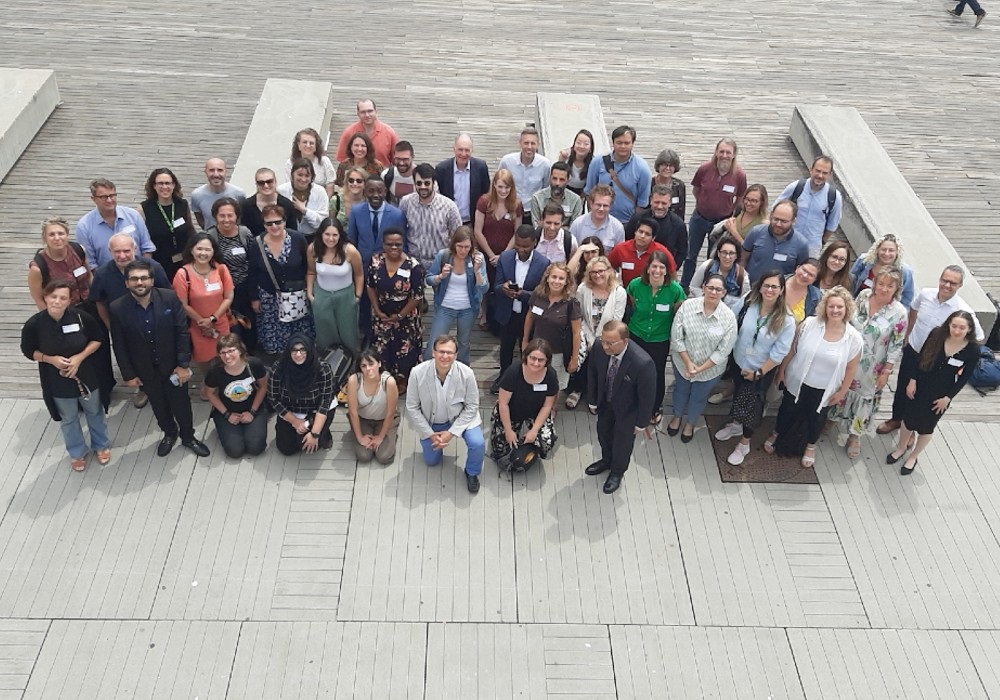

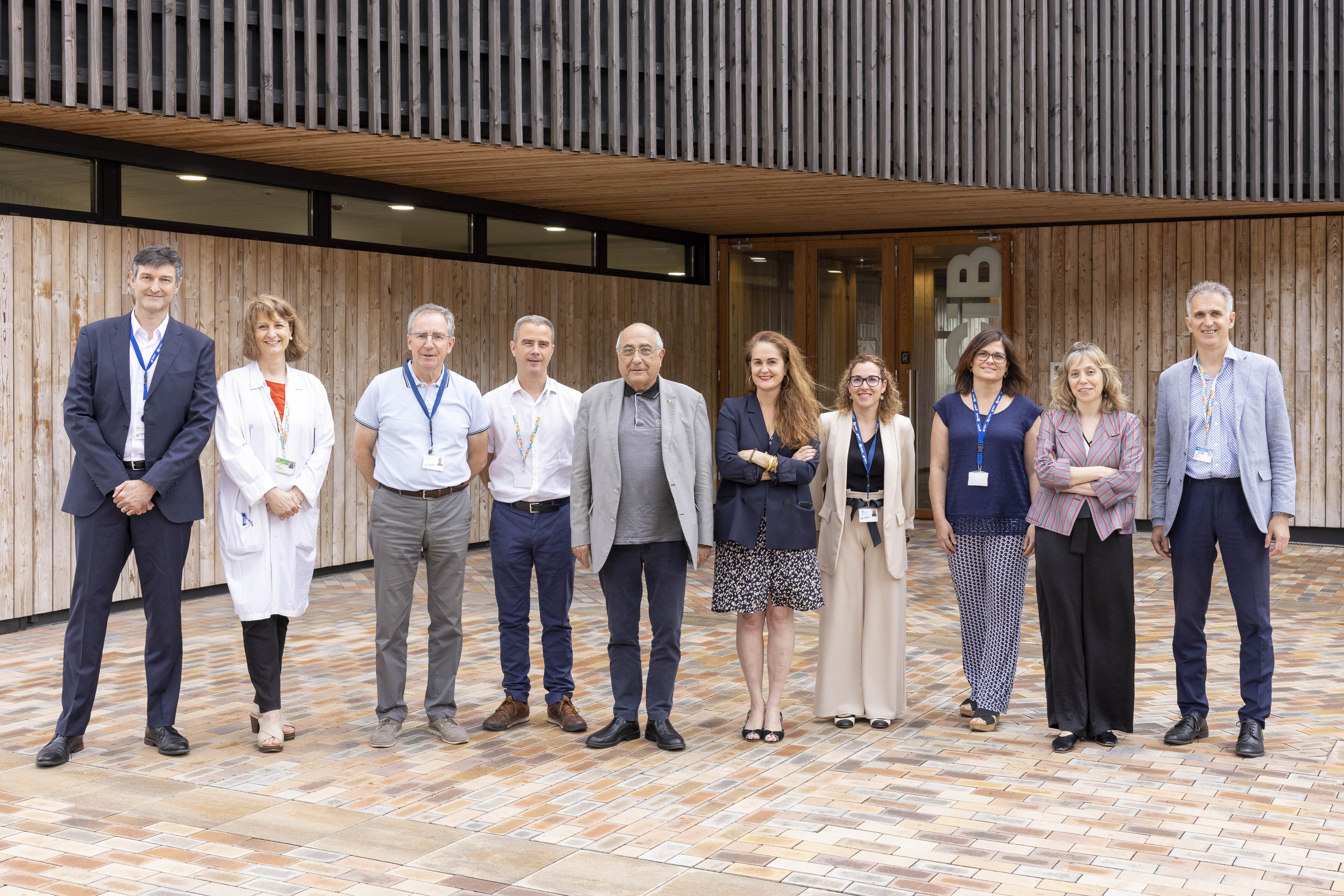
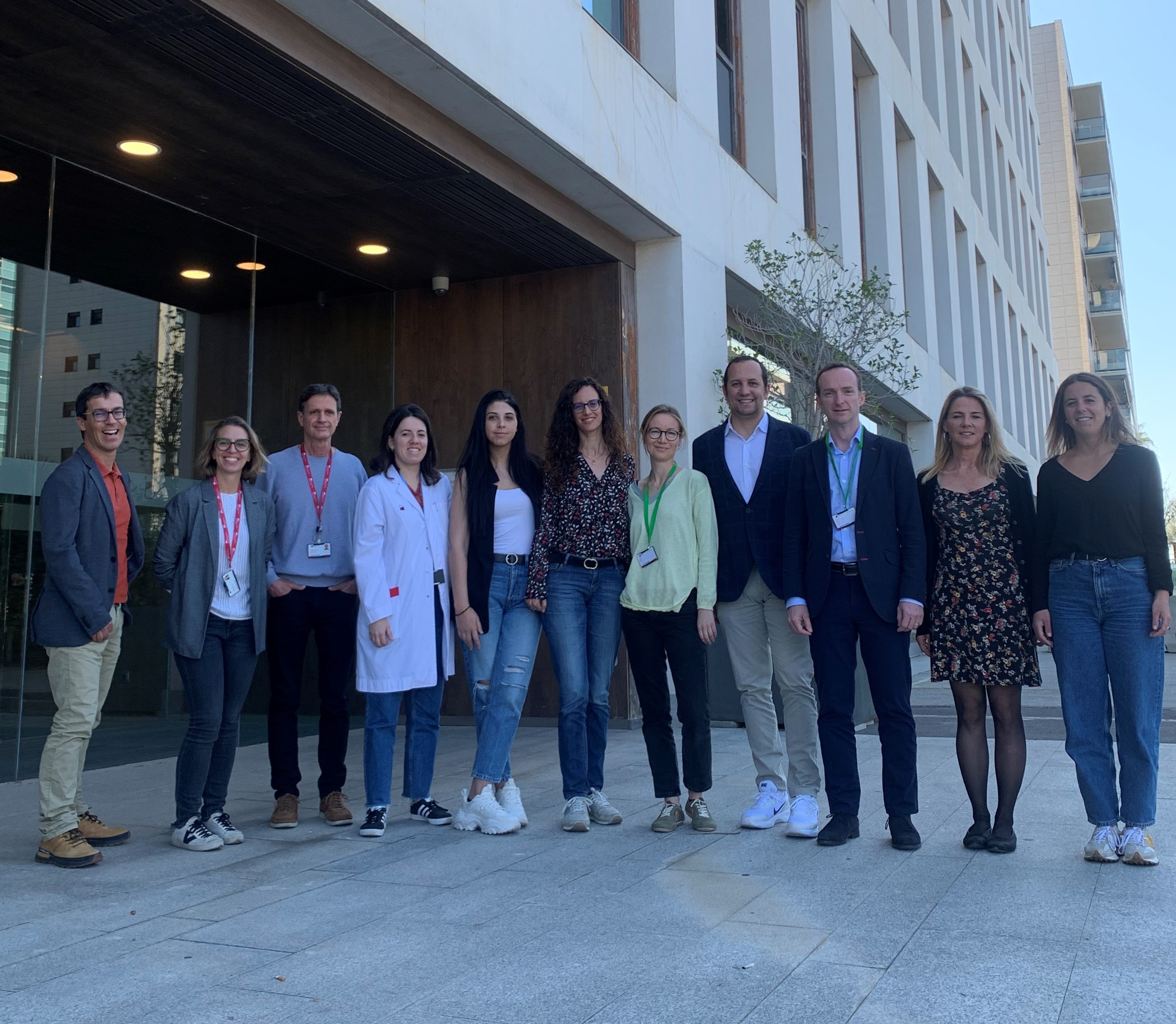

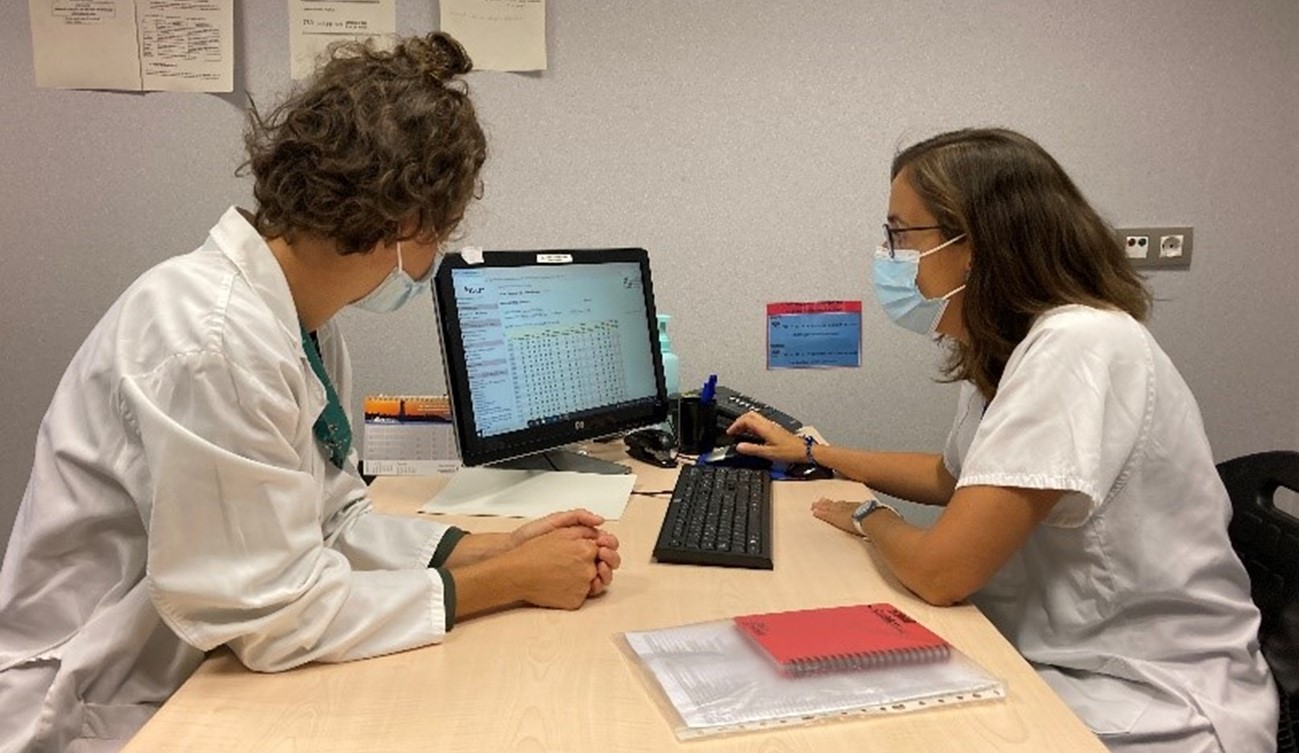
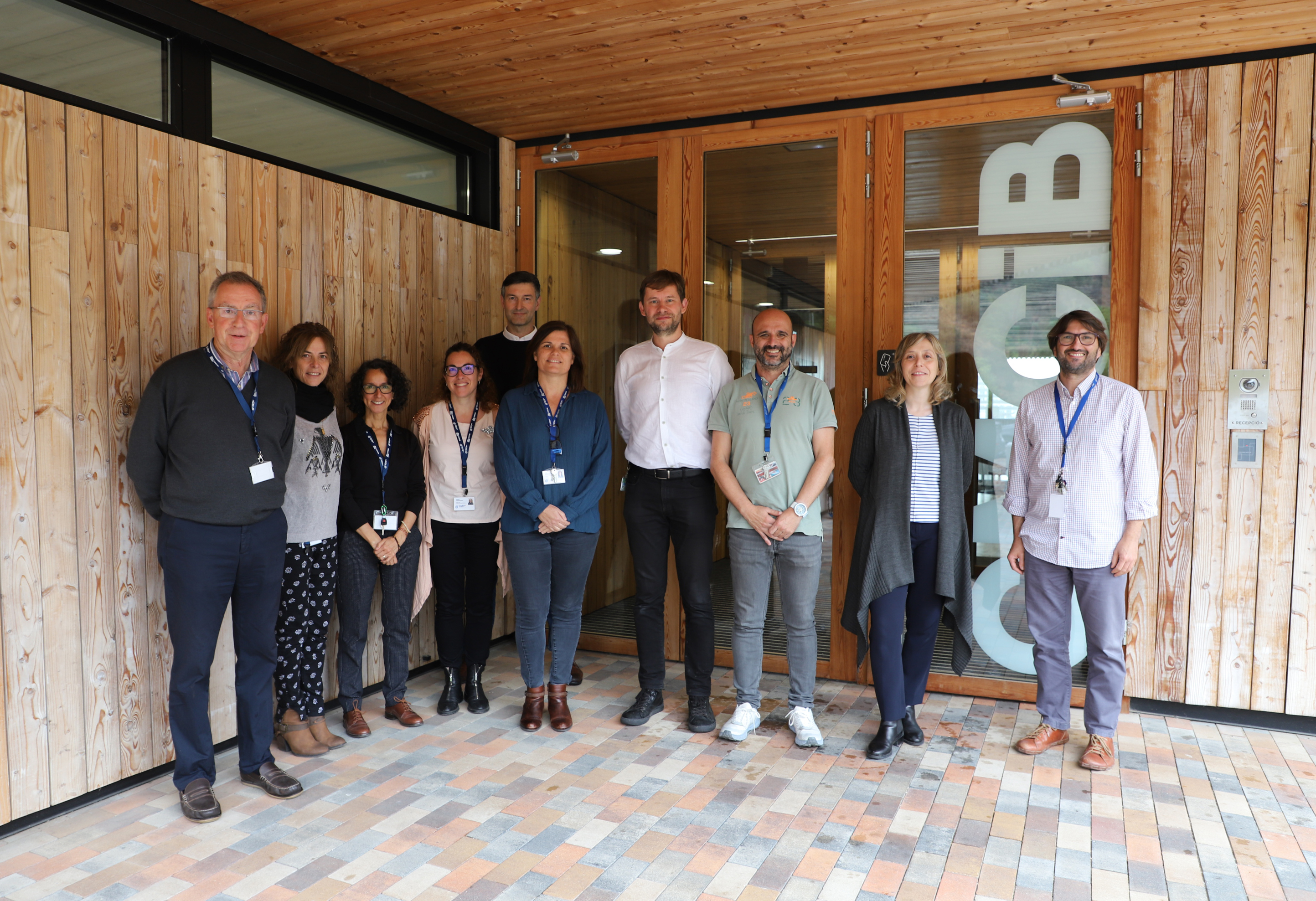
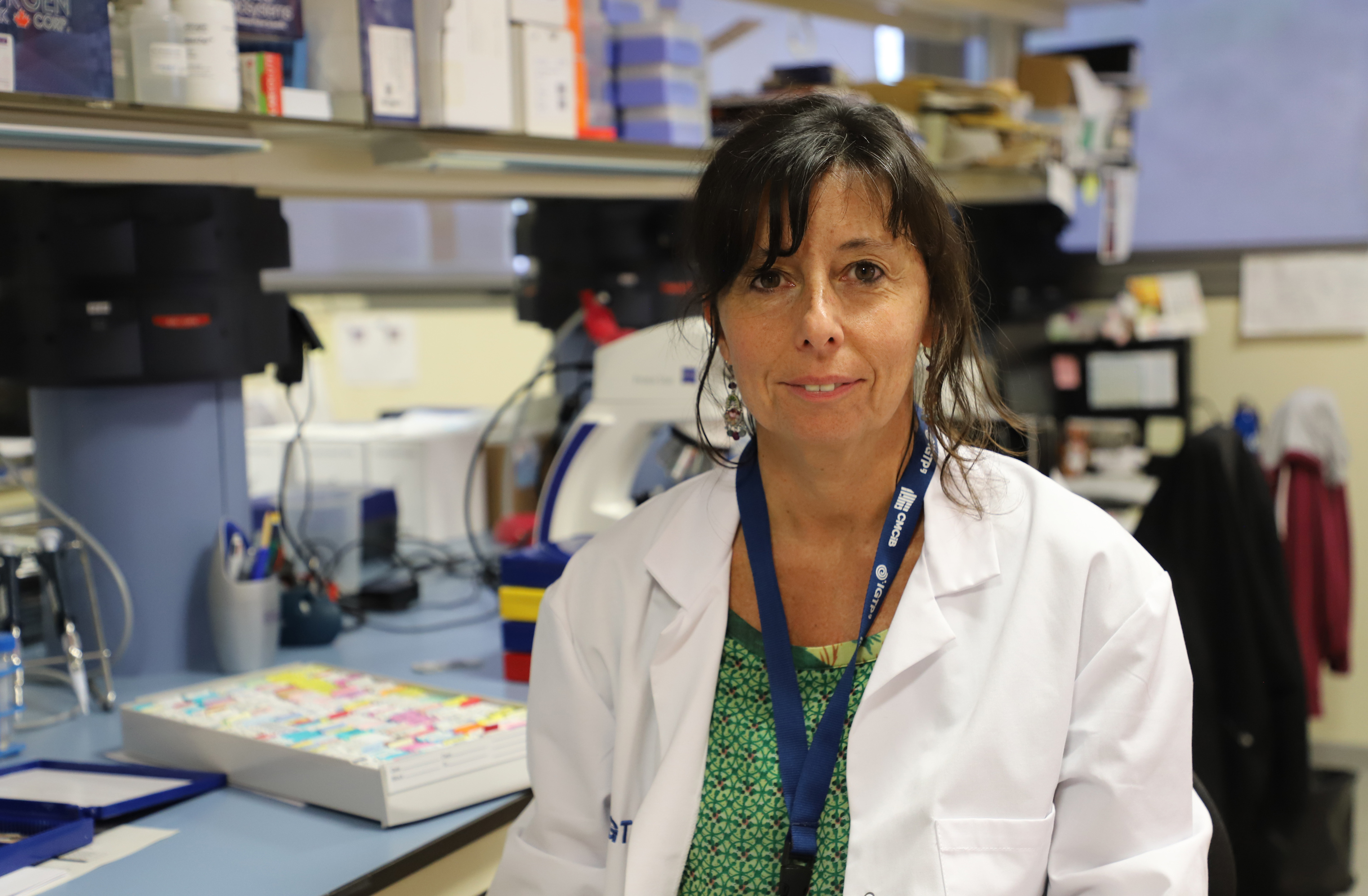
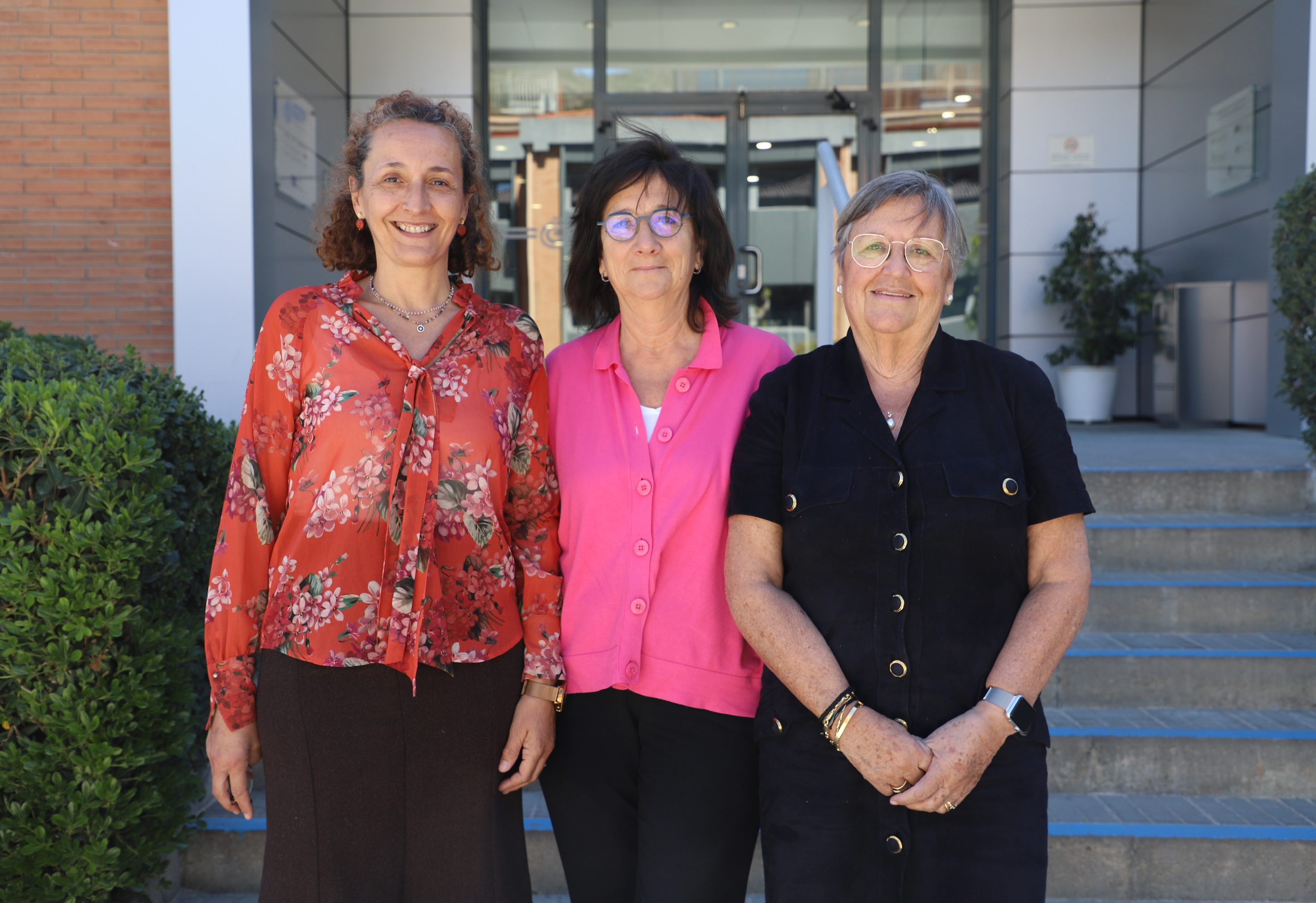
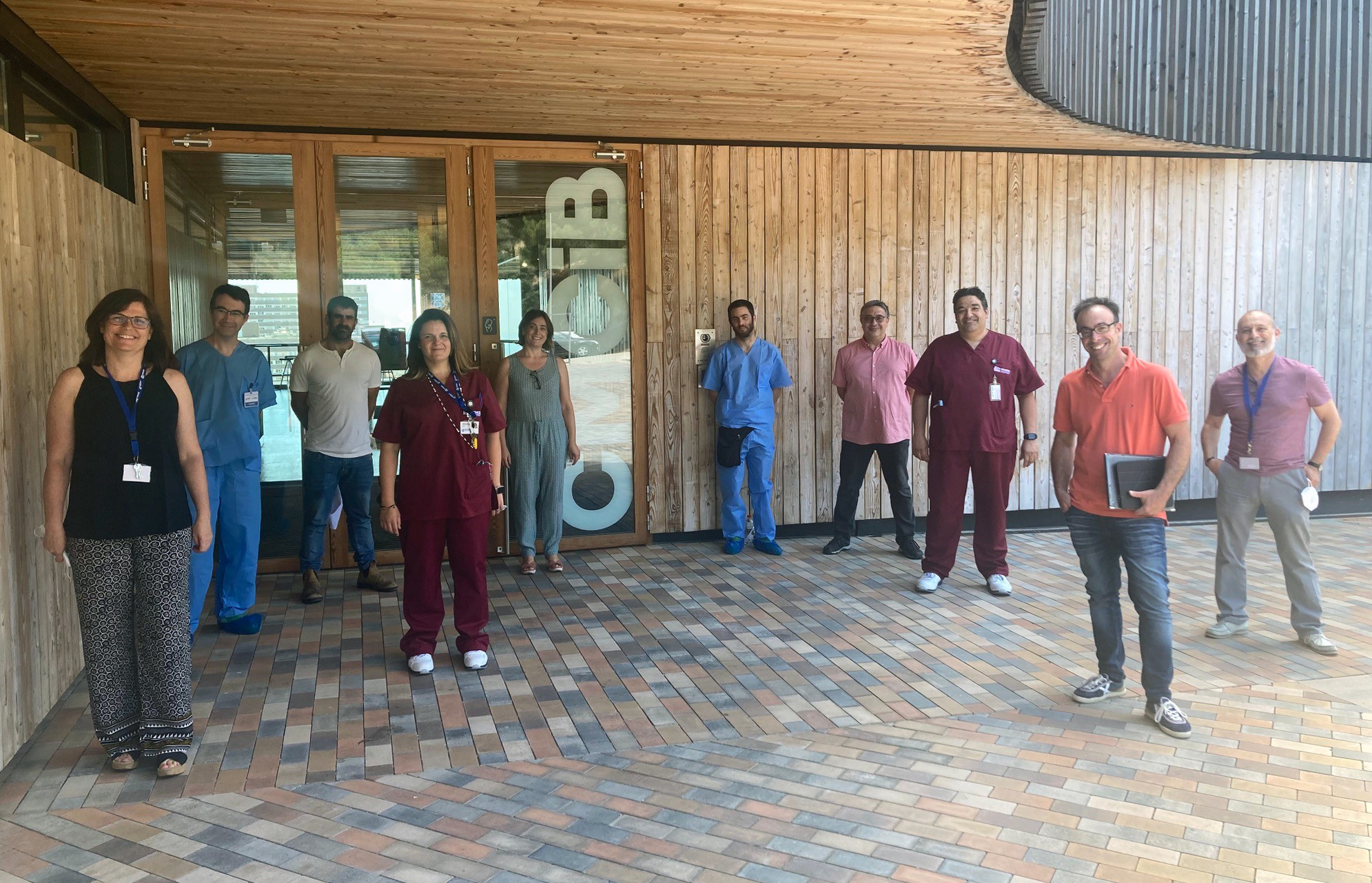
_1683206318.jpg)